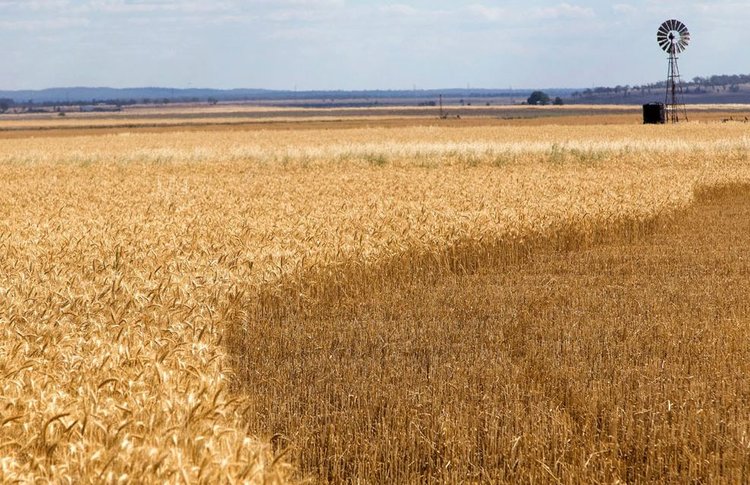Australian Farmers Showcase Global Leadership in Weed Management

Through proactive management and innovation, the impact of weeds on crop yields in Australia has decreased from a shortfall of 2.8 million tonnes in 2016 to 1.2 million tonnes in 2025, boosting production and revenues. Australian grain and cotton producers are significantly increasing their incomes by integrating long-term weed control strategies into their farming programs.
According to a recent report, weed control costs for the grain and cotton industries still amount to USD 4.43 billion annually, but these investments yield long-term returns. The latest national assessment is based on research by CSIRO, funded by the Grains Research and Development Corporation (GRDC) and the Cotton Research and Development Corporation (CRDC).
“Weed control remains one of the largest annual expenses for producers, but the investments are paying off,” said Rick Llewellyn, a CSIRO researcher and co-author of the report led by Jackie Ouzman. By staying ahead of weed seedbank development, resistance, and adopting smarter, targeted methods—such as pre-emergence herbicides, weed seed control, crop rotation, and precision technologies like camera-assisted spraying—producers ensure long-term profitability.
A key achievement is improved weed control on summer fallows, which helps preserve valuable soil moisture and supports better crop establishment in dry seasons, a critical factor for farming in a changing climate. “Effective weed control is a vital part of adapting to climate change. With fluctuating rainfall, farmers need to sow crops when conditions are favorable without delaying weed management,” Llewellyn added.
The research underscores the need for ongoing investment in weed control to enhance productivity and resilience to climate change. The most costly weeds in Australia include ryegrass, brome, sowthistle, wild radish, fleabane, and wild oats. GRDC is investing USD 47 million in a five-year, nationally coordinated Weed Control Initiative, supporting research by over 20 scientists and providing 12 postgraduate scholarships.
“The only reason we’re not seeing massive crop losses due to weeds today is years of consistent research and innovation by producers. This is a quiet success story, but the battle against weeds requires ongoing new solutions,” Llewellyn concluded.
For almost 30 years of expertise in the agri markets, UkrAgroConsult has accumulated an extensive database, which became the basis of the platform AgriSupp.
It is a multi-functional online platform with market intelligence for grains and oilseeds that enables to get access to daily operational information on the Black Sea & Danube markets, analytical reports, historical data.
You are welcome to get a 7-day free demo access!!!
Write to us
Our manager will contact you soon



